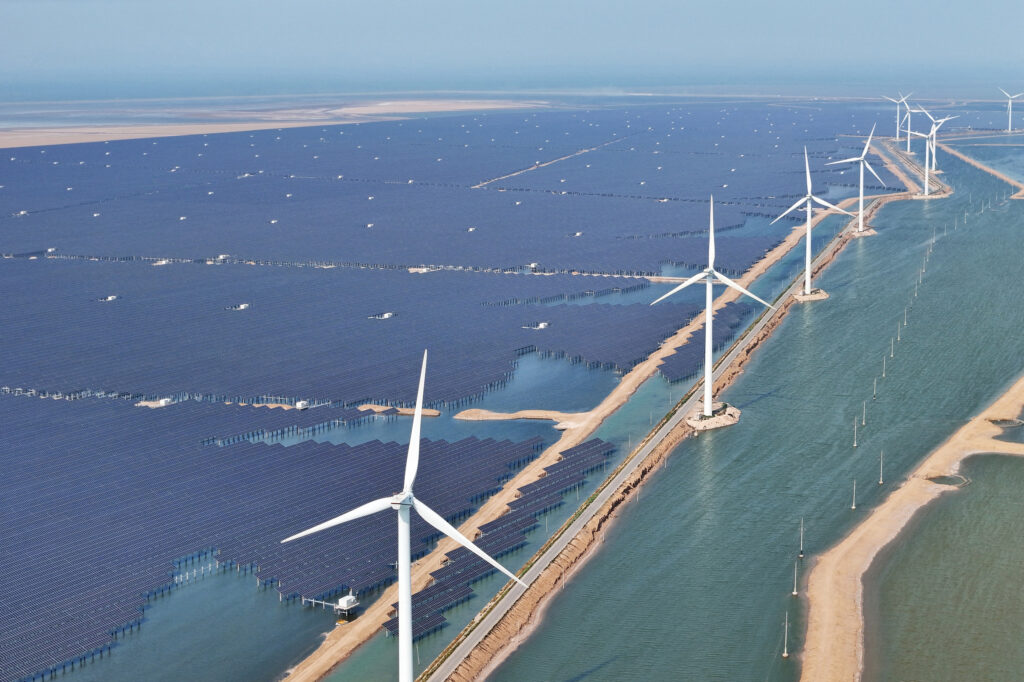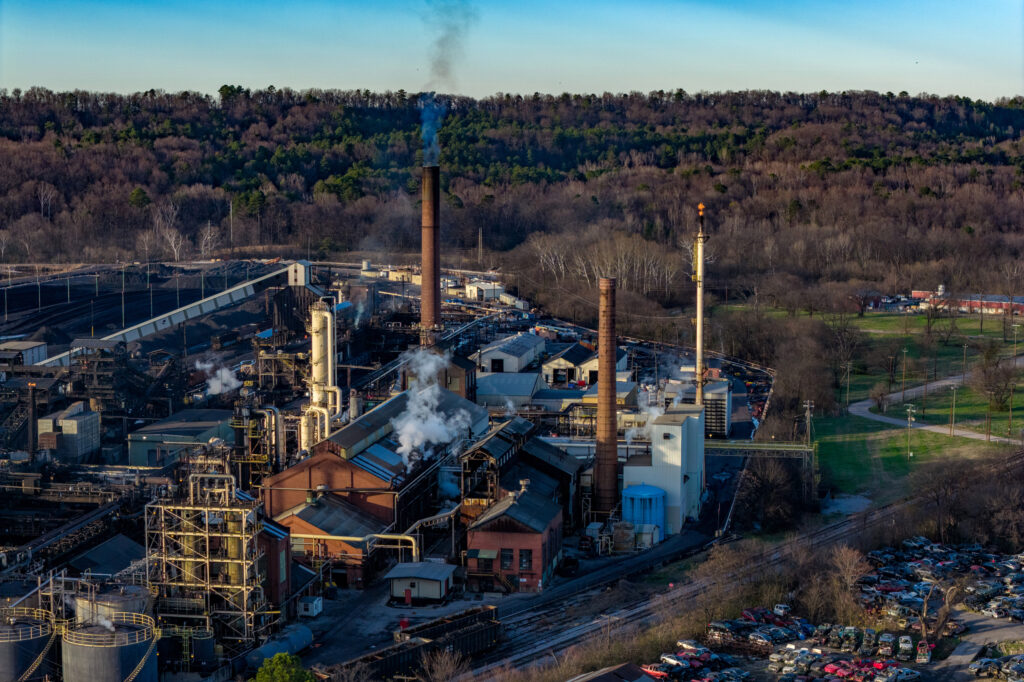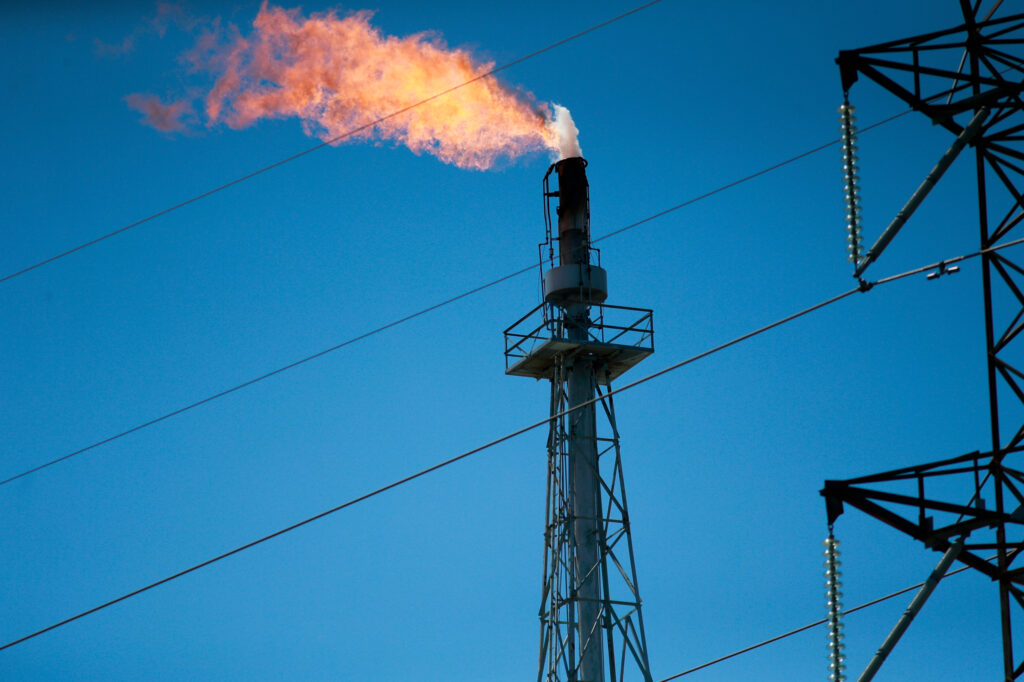Aghorn Operating Inc., a Texas oilfield company, and its vice president pleaded guilty Tuesday to criminal charges resulting from the death of a worker and his wife in 2019 near Odessa.
Aghorn will pay $1 million in fines and a services company, Kodiak Roustabout Inc., will pay an additional $400,000. Aghorn vice president Trent Day was sentenced to five months in prison.
The charges in United States v. Aghorn Operating, Inc. stemmed from the Oct. 26, 2019 incident at an Aghorn facility in the Permian Basin. Monitors for hydrogen sulfide, an invisible gas found in some oil reserves, were not working when Jacob Dean responded to an alarm to check a pump. Dean was exposed to fatal levels of the gas. His wife, Natalee Dean, then entered the facility looking for him and was also killed by hydrogen sulfide exposure.
We’re hiring!
Please take a look at the new openings in our newsroom.
See jobs
Aghorn pleaded guilty this week to Clean Air Act negligent endangerment charges and an Occupational Safety and Health Act willful violation count. Day pleaded guilty to negligent endangerment charges. Kodiak Roustabout Inc. pleaded guilty to felony violation of the Safe Drinking Water Act for falsifying oil well integrity tests. Other pending charges will be dismissed as part of the plea agreements.
Exposure to hydrogen sulfide is among the leading causes of workplace gas inhalation deaths in the United States. Texas companies tapping into oil and gas reserves are required to test their gas for hydrogen sulfide and follow safety standards depending on the gas composition. Nonetheless, several oilfield deaths from hydrogen sulfide exposure, in addition to the Deans, have been reported in recent years. Another oilfield worker died in September 2022 after inhaling hydrogen sulfide while working in proximity to a sump pit near the Permian Basin town of Orla, Texas.
“Operators who gravely endanger and kill others and those who lie to the government will be held accountable for their criminal conduct,” said Jeffrey Hall, assistant administrator of the Environmental Protection Agency’s Office of Enforcement and Compliance Assurance. “EPA’s criminal investigation of these tragic deaths led to today’s plea deal.”
Aghorn Operating declined to comment.
Persistent Safety Threat to Oilfield Workers
In Texas hydrogen sulfide, also known as sour gas, is regulated by both the Railroad Commission of Texas, under Statewide Rule 36, and the Texas Commission on Environmental Quality. Drill sites with high levels of the gas are required to post signage, install alarms and require workers to wear monitors. Exposure to sour gas is one of several workplace hazards in the oilfields, in addition to vehicle incidents, contact injuries and explosions.
Railroad Commission spokesperson Bryce Dubee said the agency took its own enforcement action against Aghorn. “Our dedicated inspectors conduct inspections daily at oil and gas facilities throughout the state, and if there are violations of Rule 36 they are inspected until addressed and compliance has been met,” he said.
This story is funded by readers like you.
Our nonprofit newsroom provides award-winning climate coverage free of charge and advertising. We rely on donations from readers like you to keep going. Please donate now to support our work.
Donate Now
A 2022 report by Jack McDonald and Sharon Wilson for Earthworks counted 10 additional Texas oilfield workers dying of hydrogen sulfide exposure, in addition to the Deans, since 2010.
“Operators are not following the law,” said Wilson, who now works with Oilfield Witness, a nonprofit organization tracking the oil industry. “It’s no surprise that people are being injured and dying.”
Trent Day, the Aghorn vice president, admitted to the Justice Department that he did not fulfill his duty to control hydrogen sulfide emissions. Aghorn also admitted that it willfully violated OSHA respiratory protection regulations.
The Justice Department investigation also found that Kodiak made false statements to the Railroad Commission about well integrity tests at Aghorn injection wells. The company submitted tests for specific wells that did not in fact correspond to those wells. The case was prosecuted by the Department of Justice Environment and Natural Resources Division.
A 2023 report by the Centers for Disease Control analyzed fatalities among oil and gas extraction workers between 2014 and 2019. The report found that Texas, the nation’s largest oil producer, led the U.S. with 219 of the 470 total deaths. Nationwide, the report attributed 47 deaths to exposure, which could include hydrogen sulfide and other dangerous gases and chemicals.
Wilson said that workers are often exposed to hydrogen sulfide on the job but experience symptoms hours or days later. She said existing data is likely undercounting the problem because worker health is not tracked long-term for signs of exposure. She said the problem is pervasive.
“It’s not just Aghorn,” she said. “It’s not just the Permian Basin. It’s throughout Texas.”
About This Story
Perhaps you noticed: This story, like all the news we publish, is free to read. That’s because Inside Climate News is a 501c3 nonprofit organization. We do not charge a subscription fee, lock our news behind a paywall, or clutter our website with ads. We make our news on climate and the environment freely available to you and anyone who wants it.
That’s not all. We also share our news for free with scores of other media organizations around the country. Many of them can’t afford to do environmental journalism of their own. We’ve built bureaus from coast to coast to report local stories, collaborate with local newsrooms and co-publish articles so that this vital work is shared as widely as possible.
Two of us launched ICN in 2007. Six years later we earned a Pulitzer Prize for National Reporting, and now we run the oldest and largest dedicated climate newsroom in the nation. We tell the story in all its complexity. We hold polluters accountable. We expose environmental injustice. We debunk misinformation. We scrutinize solutions and inspire action.
Donations from readers like you fund every aspect of what we do. If you don’t already, will you support our ongoing work, our reporting on the biggest crisis facing our planet, and help us reach even more readers in more places?
Please take a moment to make a tax-deductible donation. Every one of them makes a difference.
Thank you,

















